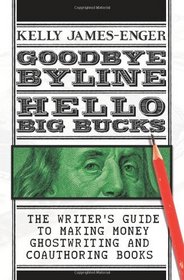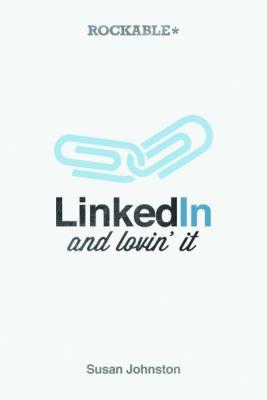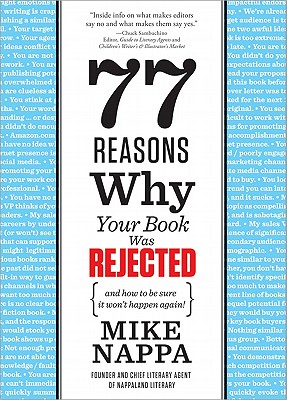 Tomorrow morning, I’m heading up to Good Commons in Plymouth, VT, for a Revitalize Retreat organized by healthy travel organization Pravassa. I don’t travel (or unplug) often, and I’ve never taken a vacation alone. But I’m looking forward to daily yoga classes, and cooking classes during which we’ll prepare farm fresh meals. I’m looking forward to field trips to nearby sustainable farms. I’m looking forward to soaking in the hot tub, and stuffing my face with s’mores at the fire pit. I’m looking forward to spending quiet hours with my stack of books (Michael Ellsberg’s The Education of Millionaires, Elizabeth George’s I, Richard, and Karen Russell’s St. Lucy’s Home for Girls Raised by Wolves), and to meeting other blissed-out, beginner yogis.
Tomorrow morning, I’m heading up to Good Commons in Plymouth, VT, for a Revitalize Retreat organized by healthy travel organization Pravassa. I don’t travel (or unplug) often, and I’ve never taken a vacation alone. But I’m looking forward to daily yoga classes, and cooking classes during which we’ll prepare farm fresh meals. I’m looking forward to field trips to nearby sustainable farms. I’m looking forward to soaking in the hot tub, and stuffing my face with s’mores at the fire pit. I’m looking forward to spending quiet hours with my stack of books (Michael Ellsberg’s The Education of Millionaires, Elizabeth George’s I, Richard, and Karen Russell’s St. Lucy’s Home for Girls Raised by Wolves), and to meeting other blissed-out, beginner yogis.
When I told my yoga instructor about the trip, he was all, “Cool! Are you writing about it!?” And then I hemmed and hawed and finally admitted to him that it hadn’t occurred to me.
But this is only half true. Another part of me had thought about it in passing, and had then decided that I wouldn’t be able to come up with a compelling story angle. Or that it would be too much of a long shot to sell a story that wasn’t about sex. And was it worth the effort? Wasn’t I supposed to be having fun? Unplugging?
I do this all the damn time. Not that my life is a non-stop party, but what about that casserole competition I enter every year? What about the traveling potluck I partake in? What about my very first trip to a fertility center, or my very first trip to a biker bar? Aren’t these story-worthy? Am I surrounding myself with wasted opportunities? Or should I feel okay about not mining every aspect of my life for my writing?
I guess I’m allowed to slack sometimes, but I feel as if it happens way too often. And considering how burnt out I can get on sex writing, I should probably branch out into other content areas. So what holds us back from writing about our outside-the-niche experiences, and how can we push back?
1. It doesn’t occur to us to write about that awesome, fantastic, one-of-a-kind experience, because it’s not work-related.Â
Our minds should always be open to new story ideas, and this means analyzing every experience and interaction with a writer’s eye. Show interest in others’ stories. And show interest in your own, too. Look through your calendar and ask yourself: What can others gain from this super-cool thing I just experienced?
2. We have trouble coming up with a unique story angle.
So I’m going on a yoga retreat. Big deal. Almost every other writer out there has come to make yoga a big part of their lives, and stories about the transformation they’ve experienced through yoga are a dime a dozen. There are even hybrid yoga/writing retreats! No one cares about my experience!
This kind of mindset is poop. Self-defeating poop. Examine your experience from every angle. What sets this one apart from others of its kind? Is there an interesting back story? Did you learn some counterintuitive lesson? Is there a how-to or Q&A that can grow out of this experience? Get creative. I mean, isn’t that your job?
3. We worry about venturing outside our niche.
This is also poop. Plus, I recently wrote about it! Revisit that post to learn more about starting from scratch in a new niche.
Am  the only one who does this? Or do you regularly use new experiences to break into new niches?









